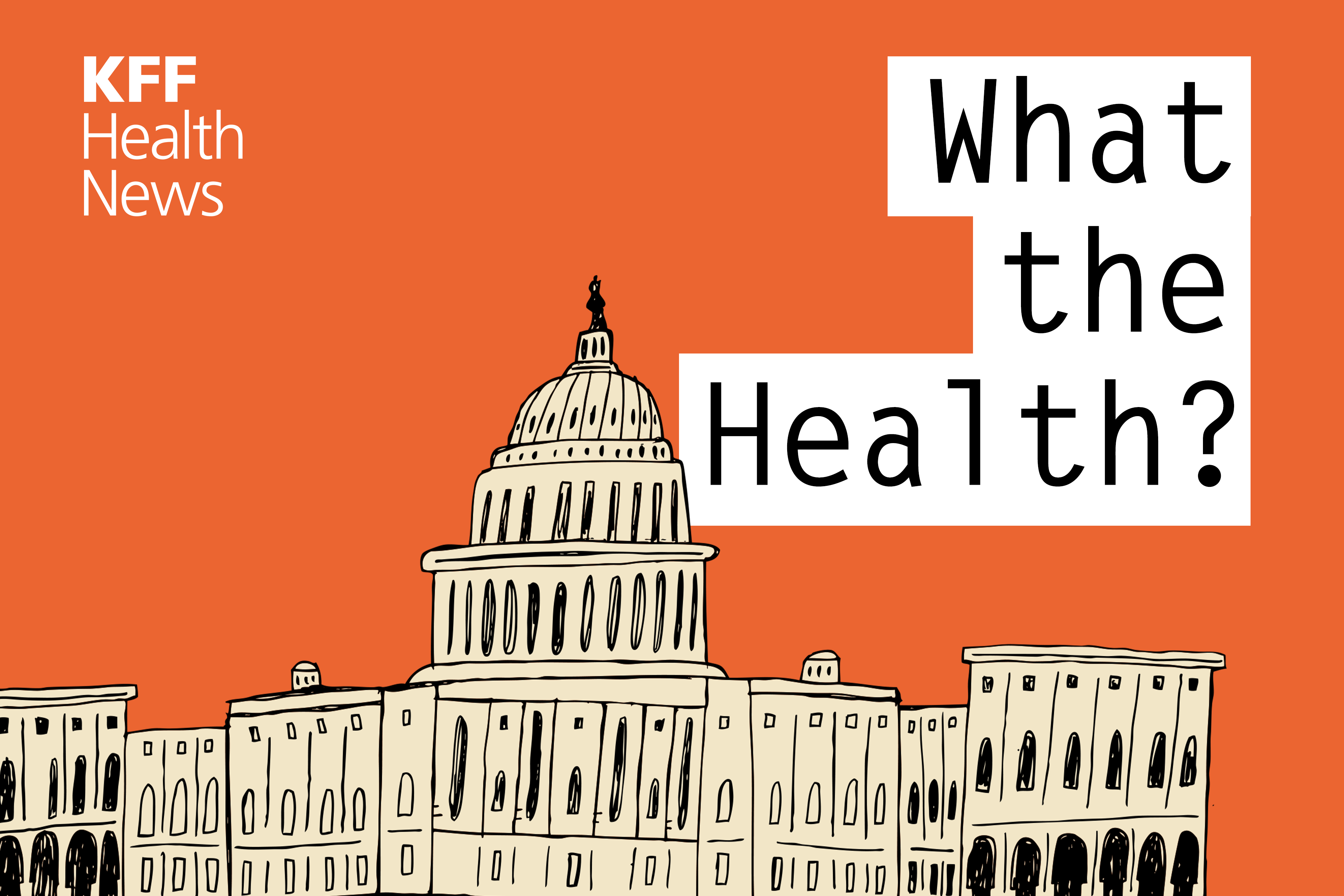The Host
Julie Rovner
KFF Health News
Read Julie’s stories.
Julie Rovner is chief Washington correspondent and host of KFF Health News’ weekly health policy news podcast, “What the Health?” A noted expert on health policy issues, Julie is the author of the critically praised reference book “Health Care Politics and Policy A to Z,” now in its third edition.
In what will certainly be remembered as a landmark decision, the Supreme Court’s conservative majority this week overruled a 40-year-old legal precedent that required judges in most cases to yield to the expertise of federal agencies. It is unclear how the elimination of what’s known as the “Chevron deference” will affect the day-to-day business of the federal government, but the decision is already sending shockwaves through the policymaking community. Administrative experts say it will dramatically change the way key health agencies, such as the FDA and the Centers for Medicare & Medicaid Services, do business.
The Supreme Court also this week decided not to decide a case out of Idaho that centered on whether a federal health law that requires hospitals to provide emergency care overrides the state’s near-total ban on abortion.
This week’s panelists are Julie Rovner of KFF Health News, Joanne Kenen of the Johns Hopkins schools of public health and nursing and Politico Magazine, Victoria Knight of Axios, and Alice Miranda Ollstein of Politico.
Panelists
Joanne Kenen
Johns Hopkins University and Politico
Read Joanne’s articles.
Victoria Knight
Axios
Read Victoria’s stories.
Alice Miranda Ollstein
Politico
Read Alice’s stories.
Among the takeaways from this week’s episode:
- In 1984, the Supreme Court ruled broadly that courts should defer to the decision-making of federal agencies when an ambiguous law is challenged. On Friday, the Supreme Court ruled that the courts, not federal agencies, should have the final say. The ruling will make it more difficult to implement federal laws — and draws attention to the fact that Congress, frequently and pointedly, leaves federal agencies much of the job of turning written laws into reality.
- That was hardly the only Supreme Court decision with major health implications this week: On Thursday, the court temporarily restored access to emergency abortions in Idaho. But as with its abortion-pill decision, it ruled on a technicality, with other, similar cases in the wings — like one challenging Texas’ abortion ban.
- In separate rulings, the court struck down a major opioid settlement agreement, and it effectively allowed the federal government to petition social media companies to remove falsehoods. Plus, the court agreed to hear a case next term on transgender health care for minors.
- The first general-election debate of the 2024 presidential cycle left abortion activists frustrated with their standard-bearers — on both sides of the aisle. Opponents didn’t like that former President Donald Trump doubled down on his stance that abortion should be left to the states. And abortion rights supporters felt President Joe Biden failed to forcefully rebut Trump’s outlandish falsehoods about abortion — and also failed to take a strong enough position on abortion rights himself.
Plus, for “extra credit,” the panelists suggest health policy stories they read this week that they think you should read, too:
Julie Rovner: The Washington Post’s “Masks Are Going From Mandated to Criminalized in Some States,” by Fenit Nirappil.
Victoria Knight: The New York Times’ “The Opaque Industry Secretly Inflating Prices for Prescription Drugs,” by Rebecca Robbins and Reed Abelson.
Joanne Kenen: The Washington Post’s “Social Security To Drop Obsolete Jobs Used To Deny Disability Benefits,” by Lisa Rein.
Alice Miranda Ollstein: Politico’s “Opioid Deaths Rose 50 Percent During the Pandemic. in These Places, They Fell,” by Ruth Reader.
Also mentioned in this week’s podcast:
- Politico’s “Inside the $100 Million Plan To Restore Abortion Rights in America,” by Alice Miranda Ollstein.
- JAMA Network Open’s “Use of Oral and Emergency Contraceptives After the US Supreme Court’s Dobbs Decision,” by Dima M. Qato, Rebecca Myerson, Andrew Shooshtari, et al.
- JAMA Health Forum’s “Changes in Permanent Contraception Procedures Among Young Adults Following the Dobbs Decision,” by Jacqueline E. Ellison, Brittany L. Brown-Podgorski, and Jake R. Morgan.
- JAMA Pediatrics’ “Infant Deaths After Texas’ 2021 Ban on Abortion in Early Pregnancy,” by Alison Gemmill, Claire E. Margerison, Elizabeth A. Stuart, et al.
Credits
Francis Ying
Audio producer
Emmarie Huetteman
Editor
To hear all our podcasts, click here.
And subscribe to KFF Health News’ “What the Health?” on Spotify, Apple Podcasts, Pocket Casts, or wherever you listen to podcasts.
KFF Health News is a national newsroom that produces in-depth journalism about health issues and is one of the core operating programs at KFF—an independent source of health policy research, polling, and journalism. Learn more about KFF.
USE OUR CONTENT
This story can be republished for free (details).
We encourage organizations to republish our content, free of charge. Here’s what we ask:
You must credit us as the original publisher, with a hyperlink to our kffhealthnews.org site. If possible, please include the original author(s) and KFF Health News” in the byline. Please preserve the hyperlinks in the story.
It’s important to note, not everything on kffhealthnews.org is available for republishing. If a story is labeled “All Rights Reserved,” we cannot grant permission to republish that item.
Have questions? Let us know at KHNHelp@kff.org

